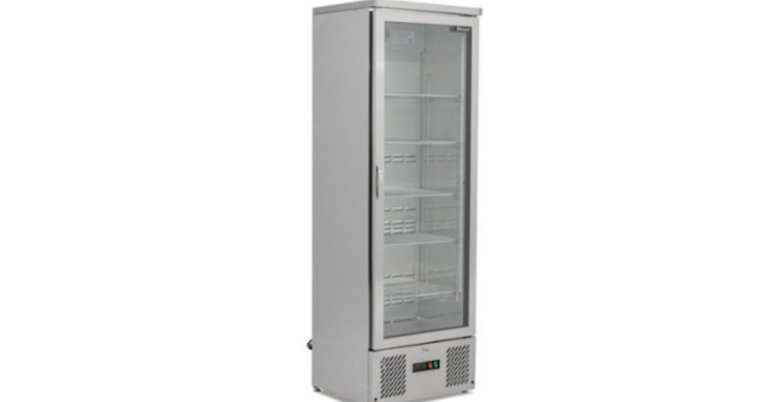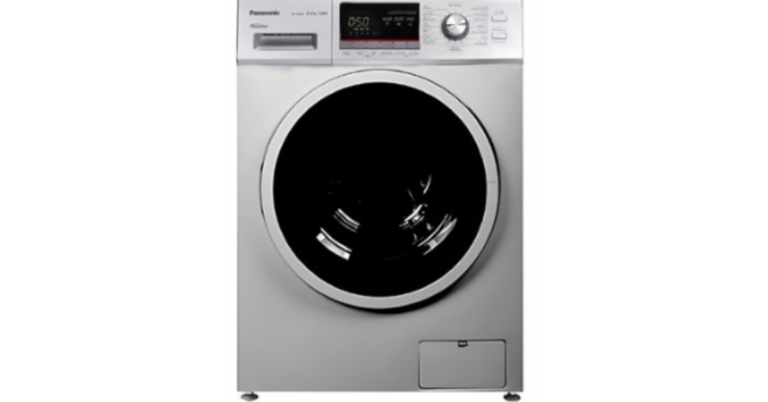Ship Air Conditioning Units: Enhancing Comfort and Efficiency at Sea
When it comes to maintaining comfort and operational efficiency aboard marine vessels, Ship Air Conditioning Units play a crucial role. These specialized units are designed to endure the harsh marine environment while providing optimal temperature control, humidity regulation, and air purification. From luxury cruise ships to cargo vessels and naval fleets, the demand for high-performance HVAC systems is growing rapidly across the maritime industry.
Why Marine HVAC Systems Are Different
Unlike standard air conditioning systems used in residential or commercial buildings, ship air conditioning units are engineered to meet the specific challenges posed by life at sea. These include extreme temperature fluctuations, salt-laden air, constant vibration, and limited space for installation. Additionally, the energy efficiency of these systems is paramount, as ships operate on finite fuel and power resources.
Marine AC units must also comply with stringent international standards set by classification societies such as DNV, ABS, and Lloyd’s Register. These standards ensure that HVAC systems can withstand the corrosive marine environment, provide reliable performance during long voyages, and support the overall safety and well-being of passengers and crew members.
Types of Ship Air Conditioning Units
There are various types of ship air conditioning units designed to serve different needs based on vessel size, usage, and internal layout. The most common types include:
1. Centralized Systems
These are large, integrated units designed to cool an entire vessel or a significant section of it. Typically found in cruise ships, passenger ferries, and naval ships, centralized systems offer superior control and even air distribution. However, they require more space and are more complex to install and maintain.
2. Packaged Units
Packaged units are self-contained and suitable for medium to large vessels. They provide a balance between power and compactness. These units can be installed in technical rooms and linked with ductwork for air distribution throughout multiple cabins or compartments.
3. Split Systems
Commonly used in crew quarters or smaller vessels, split systems consist of an indoor unit and an outdoor compressor unit. These are easier to install and maintain, offering localized cooling but are not suitable for large-scale applications.
4. Floor-Standing AC Units
Designed for ease of placement and minimal installation effort, floor-standing ship air conditioning units are ideal for retrofitting existing spaces or providing targeted cooling in high-use areas. Their robust design allows them to function reliably in challenging environments while maintaining efficient airflow.
Key Features to Look For in Marine AC Units
When selecting the right ship air conditioning units, several critical features must be considered to ensure reliability and efficiency:
-
Corrosion Resistance: Units must be constructed using materials resistant to rust and corrosion, such as marine-grade stainless steel or coated aluminum.
-
Vibration Resistance: Marine environments involve constant motion. Units need to be designed to handle vibration without compromising performance.
-
Energy Efficiency: Efficient energy usage is vital to minimize fuel consumption and extend generator life.
-
Compact Design: Space aboard a ship is limited, so compact and modular designs are preferred.
-
Quiet Operation: Noise control is particularly important in passenger areas and crew quarters.
-
Smart Control Systems: Modern AC units offer digital interfaces, automated climate control, and remote diagnostics for easy maintenance and operation.
Benefits of High-Quality Ship Air Conditioning Units
Investing in high-quality ship air conditioning units offers numerous benefits, both in terms of comfort and operational performance:
1. Improved Crew Productivity and Morale
A comfortable working environment significantly boosts crew productivity and morale. Temperature control is especially vital on long voyages where crews spend extended periods onboard.
2. Passenger Satisfaction
On cruise ships and ferries, guest experience is paramount. Efficient and quiet AC systems enhance comfort and reduce complaints, leading to better customer satisfaction and repeat business.
3. Equipment Longevity
Proper air conditioning helps control humidity, which in turn prevents the build-up of moisture that can damage sensitive electronic equipment and stored goods.
4. Fuel and Cost Savings
Modern, energy-efficient systems reduce fuel usage and overall operating costs. While the upfront investment might be higher, the long-term savings are significant.
5. Compliance with Safety Standards
Well-maintained and compliant HVAC systems contribute to the overall safety of the vessel. They help regulate temperatures in engine rooms and other high-heat zones, reducing fire risk and equipment failure.
Maintenance Tips for Marine AC Systems
Maintaining ship air conditioning units is essential to ensure their longevity and optimal performance. Here are a few best practices:
-
Regular Inspection: Conduct periodic checks for wear and tear, corrosion, or refrigerant leakage.
-
Filter Cleaning: Salt and dust can clog air filters quickly. Clean or replace filters frequently to maintain airflow.
-
Condensate Drain Checks: Ensure that drains are not clogged to prevent water buildup and potential damage.
-
Coil Cleaning: The evaporator and condenser coils should be cleaned regularly to maintain cooling efficiency.
-
Electrical Component Testing: Inspect wiring and connections to prevent short circuits and ensure system stability.
Future Trends in Marine HVAC Systems
As the maritime industry embraces sustainability, there is a noticeable shift toward more eco-friendly and digitally integrated HVAC solutions. Some future trends include:
-
Use of Natural Refrigerants: Alternatives like R-290 (propane) and R-32 are being explored for their lower environmental impact.
-
Smart Monitoring Systems: Remote diagnostics and predictive maintenance tools help detect issues before they cause system failure.
-
Hybrid and Solar-Assisted AC Units: These systems aim to reduce dependency on fossil fuels and enhance energy efficiency.
-
Customization for Specialized Vessels: Ships with unique configurations, such as offshore platforms or research vessels, are increasingly demanding bespoke HVAC designs.
Conclusion
Choosing the right Ship Air Conditioning Units is not just about ensuring a cool breeze on a hot day—it’s about supporting the health, safety, and performance of everyone aboard. Whether for luxury liners or cargo ships, a well-designed marine HVAC system is essential to vessel operations.
Modern innovations in design, efficiency, and durability continue to transform how these systems operate at sea. From centralized solutions to floor-standing ship air conditioning units, the market offers a range of products tailored to diverse maritime needs. Ultimately, investing in the right unit today ensures smooth sailing—and cool comfort—for years to come.



